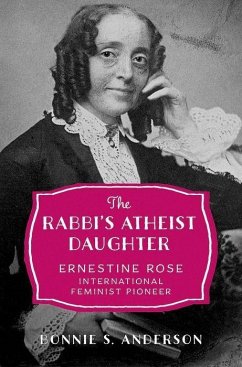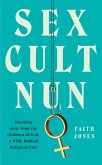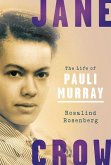"Early feminist Ernestine Rose, more famous in her time than Elizabeth Cady Stanton or Susan B. Anthony, has been undeservedly forgotten. During the 1850s, Rose was an outstanding orator for women's rights in the United States who became known as "the Queen of the platform." Yet despite her successes and close friendships with other activists, she would gradually be erased from history for being a foreigner, a radical, and, of most concern to her peers and later historians, an atheist. In The Rabbi's Atheist Daughter, Bonnie S. Anderson recovers the legacy of one of the nineteenth century's most prominent radical activists. The only child of a Polish rabbi, Ernestine Rose rejected religion at an early age, legally fought a betrothal to a man she did not want to marry, and left her family, Judaism, and Poland forever. She would eventually move to London, where she became a follower of the manufacturer-turned-socialist Robert Owen and met her husband, fellow Owenite William Rose. Together they emigrated toNew York City in 1836. In the U. S., Rose was a prominent leader at every national women's rights convention, lecturing across the country in favor of feminism and against slavery and religion. But the rise of anti-Semitism and religious fervor during the Civil War-coupled with rifts in the women's movement when black men, but not women, got the vote- left Rose without a platform. Returning to England, she continued advocating for feminism, free thought, and pacifism. Although many radicals honored her work, her contributions to women's rights had been passed over by historians by the 1920s. Nearly a century later, The Rabbi's Atheist Daughter, a well-rounded portrait of one of the mothers of the American feminist movement, returns Ernestine Rose to her rightful place"--
Hinweis: Dieser Artikel kann nur an eine deutsche Lieferadresse ausgeliefert werden.
Hinweis: Dieser Artikel kann nur an eine deutsche Lieferadresse ausgeliefert werden.








